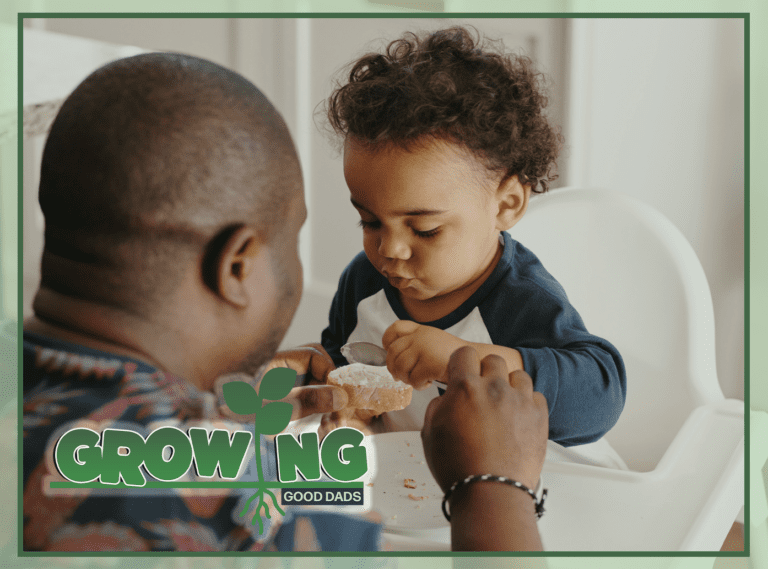Do you already know your kid will refuse anything other than dinosaur shaped chicken nuggets for dinner tonight? Is your kid convinced he hates food that he has never tried before? Does he no longer like the food he liked two days ago? Fathers of picky eaters understand the struggle here. There is some hope, though, for all the dads who struggle with a picky eater, and I’ll bring up some of those in this article. First, let’s investigate what picky eating is, when it starts and why some kids are picky eaters to begin with.
PICKY EATING CAUSES
Picky eating generally begins around 1½ to 2 years of age. If you think in terms of Erikson’s Stages of Development, it might make sense why kids tend to pick up this habit around this age. Kids are beginning to learn some autonomy; they are starting to do some things independently. They are actively choosing things and controlling the environment around them. Food is no exception here. Sometimes, when a child isn’t eating, it isn’t because of the food. Rather, it is a symptom of the youngster wanting to exert control over their food: how much they eat, what they eat and when they eat.
WHAT DADS CAN DO:
- Help your child understand your role. Dads can do this choosing the food for the meal and being consistent in feeding routines
- Help your child understand their role. Dads can do this by taking into reasonable consideration your younger’s expressed food preferences.
- Trust your child will eat enough. It’s up to your child to choose what and how much to eat from their place. Don’t stress too much about it if your toddler is not willing to try new foods that you offer.
- Encourage a healthy relationship with food. Forcing your child to eat will only develop a bad relationship with food and make mealtimes more stressful for everyone.
OUR ANCESTORS’ EATING HABITS CAN HELP EXPLAIN PICKY EATING
If you are worried that somehow you may be directly to blame for your child’s picky eating habits, don’t be. Picky eating to some extent is natural. Back in our ancestral hunter-gatherer days, it was protective for children to be a bit distrustful of new foods. They tended to seek very sweet foods, which were more calorie dense, and avoided bitter foods, which may have been poisonous. This fear of new things is called neophobia, and it is still very much around today. Research shows it may take exposing a child to a food 8-15 times before they accept it. When they do try something, even just a sample, praise them! A small bit is something worth celebrating, and often it leads to more!
For more information about neophobia, I especially like this 2022 article in the scientific journal Nutrients.
STRATEGIES FOR REDUCE PICKY EATING
Lead by Example: Be a good role model yourself and choose healthy foods. It is common knowledge that children learn by imitating adults. If you eat something and let out a “ewwww!” or “that’s gross!” your child will automatically believe that’s the case.
Limit Liquid Calories: Keeping it to just water in between meals can also help your toddler build up an appetite. Kids can drink a lot of calories in between meals, so eliminating this can encourage them to eat well when meal or snack time comes around.
Mix Up Your Tot’s Favorites: Try offering the same food in a variety of ways. Take broccoli for example. Maybe your child would like it steamed with seasoning, or perhaps baked in the oven. Maybe they like it raw with a dip (by the way, kids do love some dips for their foods!). Get creative when it comes to how you offer new foods, and your children may be quicker to warm up to it.
You want your child to have a balanced and nutritious diet. Getting there can be difficult but keep it up! Your child’s diet now could have lasting effects on their health into adulthood. Stick to your routines but be willing to give yourself some grace. It’s going to take some time, and mistakes will be made, but it will be worth it!
And for what it’s worth, those dinosaur chicken nuggets are ok every now and then.

